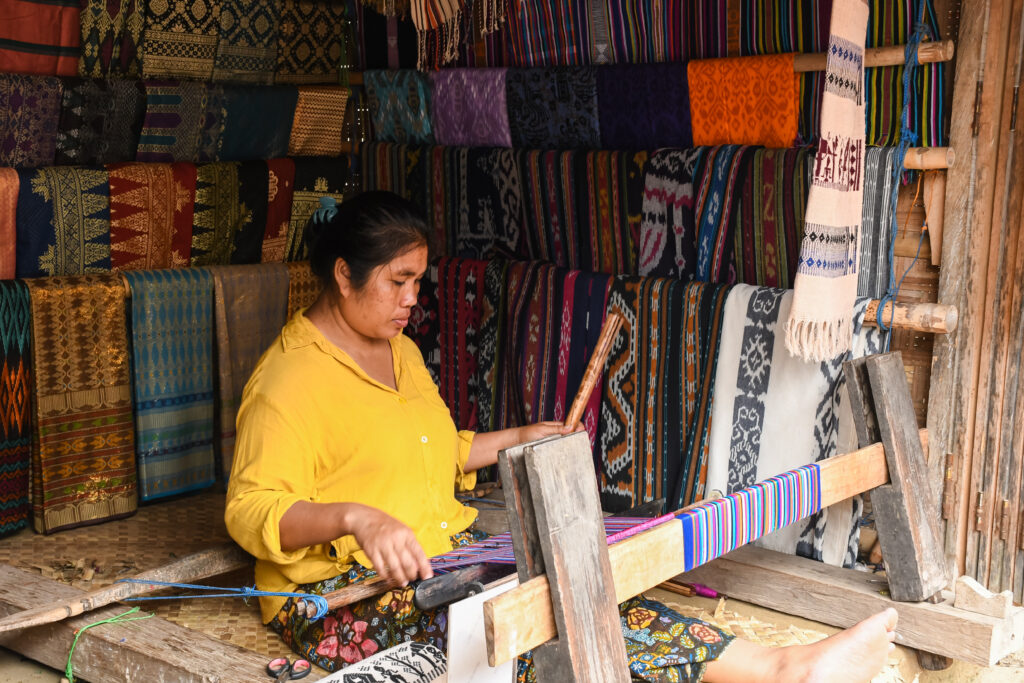Women have been working in the unorganized sector for ages. Unpaid, unvalued and unappreciated. Their work has often only been seen as an “add-on” to what men do.
In fact, in India, the title of the first female entrepreneur went to Kalpana Saroj just 2 decades ago in 2001!
Katharine Graham made history by becoming the first female CEO of a Fortune 500 company in 1972 (Exactly 51 years ago)
But, the world has changed. 50 years might seem like one lifetime. But in this short time, there have been revolutionary milestones.
Today, there are structural policies in place that uplift and empower women. But is it enough?
Today, only 13% of unicorn founders are women. But, it is still a starkly differnt scenario from five decades ago. Let’s find out how the state of women in business has changed over the last 50 years and the crucial role that eCommerce has played.
What was it like for women 50 years ago?
- Women were often denied access to higher education or discouraged from pursuing careers in business
- Women faced significant discrimination and bias in the workplace, with many employers refusing to hire women for certain positions or paying them less than men for the same work
- Banks and investors were often reluctant to invest in women-owned businesses, believing them to be too risky.
- Women had limited access to role models and networks in the business world making it difficult for women to connect with other professionals or find mentors who could help them navigate the challenges of starting and growing a business
- Women were often expected to prioritize their family responsibilities over their careers, making it difficult to balance the demands of running a business with the demands of caregiving.
These challenges made it difficult for women to succeed in business 50 years ago. But what about today? It is 2023. Are we #EmbracingEquity yet?
State of women in business today
Increase in the number of women entrepreneurs
In India, the number of women-owned businesses has increased by 20% in just the last 5 years. Not only that, women-led MSMEs registered on Udyam Registration Portal increased by 75%!
More diverse industries
Women are starting businesses in a wider range of industries than before. While traditionally female-dominated industries such as health care, education, and retail still see a high proportion of women-owned businesses, there has been significant growth in sectors such as technology, finance, and construction.
Related read: 15 skills that successful women entrepreneurs have
Greater access to funding
Women entrepreneurs are still less likely to receive funding than men (Only 19% to be exact), but there has been progress in this area.
Initiatives such as female-focused accelerators, venture funds, and crowdfunding platforms have helped to increase funding opportunities for women-owned businesses.
Here are some of the promising incubators that can also help with funding:
Increased focus on social impact
Many women entrepreneurs are starting businesses with a focus on social impact and environmental sustainability.
This trend is particularly strong among younger entrepreneurs, who are more likely to prioritize purpose and values in their businesses. Look at online businesses like WildBerry Organics, Menstrupedia, Sheroes.in.

More support networks
There has been a proliferation of organizations and networks specifically designed to support women entrepreneurs, providing mentorship, networking opportunities, and resources to help them succeed.
Check out Leap Club, a professional network for women in leadership positions.
Government support
The Government of India has also come up with new schemes that are financially empowering for women in the recent Union Budget of 2023.
The Indian government has also consistently developed schemes and policies that are women-centric in nature.

Here are the 7 best Government schemes for women entrepreneurs in India.
eCommerce for women empowerment
eCommerce has been pivotal in helping women gain financial independence. Here are some undeniable advantages that women entrepreneurs with online businesses have –
Access to Markets
eCommerce provides an opportunity for women entrepreneurs to reach a wider market without having to invest in a physical storefront.
Women, who may have limited access to traditional markets or are unable to travel to sell their products, can now reach a global audience through their own online stores.
Related read: How to start an eCommerce business in India: 8 steps from 0 to launch
Flexibility
eCommerce websites can offer women the flexibility to work from home, which can be particularly beneficial for women who have caregiving responsibilities or face other barriers to accessing the labour market.
eCommerce has provided opportunities for women to participate in the workforce in new ways. With the rise of remote work and flexible working arrangements, eCommerce has allowed women to work from home, providing greater flexibility and work-life balance.
Here are business ideas that you can start right from home with zero to minimal costs.
These women all have thriving online businesses on Instamojo.

Financial Inclusion
Digital payment systems like payment gateways or payment links have facilitated financial inclusion for women who may not have access to traditional banking services, helping them to participate in the formal economy and grow their businesses.
eCommerce has facilitated access to finance for women entrepreneurs, with platforms such as crowdfunding and peer-to-peer lending providing new avenues for funding.
Education
The rise of eCommerce platforms in India has also helped grab the attention of the government and other non-government bodies to offer women the opportunity to access training and education resources that can help them develop the skills they need to succeed in the digital economy.
This can be especially important in areas where women may have limited access to educational opportunities.
Women who are starting their own online businesses can now get their own certifications from digital courses at mojoVersity- India’s first-of-its-kind digital learning platform for MSMEs.
Be empowered. Start your business journey with Instamojo and #mojoYourDreams.

